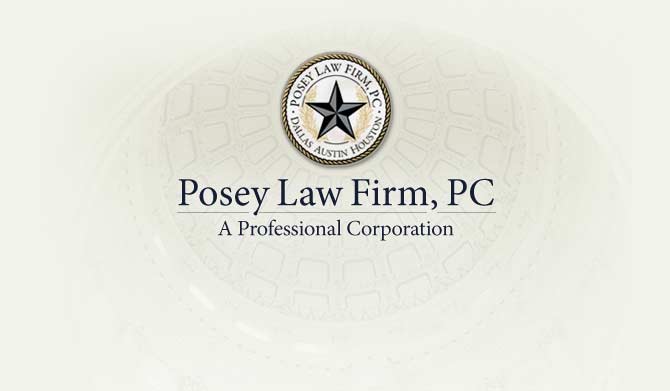Opportunities continue to grow for creative and hard working Americans to succeed with freelance and small business opportunities. As the structure of business continues to change with the advent of automation, outsourcing and the rapidly developing AIs and deep neural networks, many people are looking for interesting and challenging work outside the mainstream. Cottage industries, art practices, small businesses that look forward and behind for inspiration are all becoming more common. But for those who grew up in the corporate world, how does one replicate the benefits of funding a retirement and planning an exit strategy?
Many people fund their dream work by investing their retirement savings from the previous corporate life. That is one way to jump start capital funding. There are other ways, though, that cost less in the long run. It may seem counter-intuitive to borrow money when we have money sitting in an account. But that corporate retirement money has some regulatory and tax consequences if used early.
It is also common in the first lean years of a business to put money back into the business, rather than setting any aside into retirement savings or funding for health insurance. According to attorney Jake Posey, managing shareholder of The Posey Law Firm, PC, discussing options with a small business attorney may help clarify priorities, as both of these benefits of traditional workplace employment carry significant regulatory burdens and significant risk.
For those who have found that making a dream into a dream job is the way they want to spend their working life, several considerations are worth noting. First, there is no time that people have to retire. People can work as long as they want. But over time, our interests and abilities change. We may find new passions in our seventies, just as we did in our twenties or thirties. We may also experience a difference in our ability to perform physically. Many people find they have competing responsibilities with age, such as the need to care for a partner. Planning for an eventuality in which a person can no longer run a solo business may make the inevitable changes that occur over time less stressful.
Discussing exit strategies with an attorney who has knowledge and experience in small business and sole proprietorship is one way to cover the majority of risk/benefit scenarios. Many people find that the more unique and obscure their small market share is, the more they control a larger part of that small market. But the unique and obscure is very difficult to pass on to a new generation successfully.
Planning to fund retirement through selling a business is a risky plan for a small or independent business owner. Especially for a business that has been carefully built over the years with personal relationships and stellar reputation, much of that capital is in the person who has developed that reputation. Family transitions are one option to keep the personal relationships and reputation but family transitions of a small business should not be used to fund a retirement unless the new family member and business owner is going to begin with crushing debt.
With global financial uncertainty, rapidly changing regulatory environments, and the effects of changing technology to disrupt business, careful planning is essential for the sole proprietor who has turned passion into a business.
For more information on retirement planning and exit strategies for the sole proprietor, please contact us.

